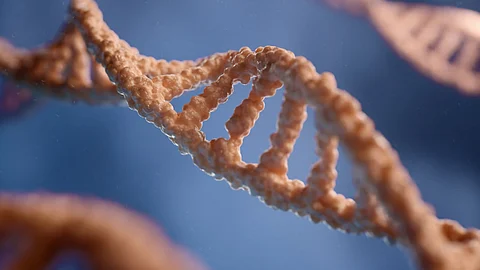The Y chromosome plays a crucial role in male biology, influencing everything from reproduction to immune function. However, emerging research suggests that the loss of the Y chromosome—a condition known as Y chromosome loss (LOY)—may have serious health consequences, particularly in relation to cancer. Studies indicate that men who experience LOY are more likely to suffer from aggressive forms of cancer and poorer treatment outcomes.
Researchers at Cedars-Sinai have discovered that male cancer patients whose tumor cells and immune cells both experience Y chromosome loss tend to have worse outcomes compared to those without this genetic change. Their findings, published in Nature, could pave the way for more effective cancer treatments.
The Y chromosome is one of the two chromosomes that determine biological sex in mammals. While females possess two X chromosomes, males have one X and one Y. As men age, it is common for them to lose the Y chromosome in some cells.
A 2023 Cedars-Sinai study revealed that Y chromosome loss in bladder cancer cells helped these cells evade the body's immune system, enabling tumor growth. However, tumors lacking the Y chromosome were also more responsive to immune checkpoint therapy than those with an intact Y chromosome.
Building on previous research highlighting the challenges posed by Y chromosome loss in male tumors, co-senior authors Simon Knott, PhD, assistant professor of Biomedical Sciences at Cedars-Sinai, and Dan Theodorescu, MD, PhD, sought to explore its effects in other cancer types.
By analyzing large public datasets, the study examined Y chromosome loss across various cancers. Surprisingly, researchers found that not only cancer cells but also multiple cell types associated with tumors exhibited this genetic alteration, leading to further investigations.
Ties Between Immune and Cancer Cells


